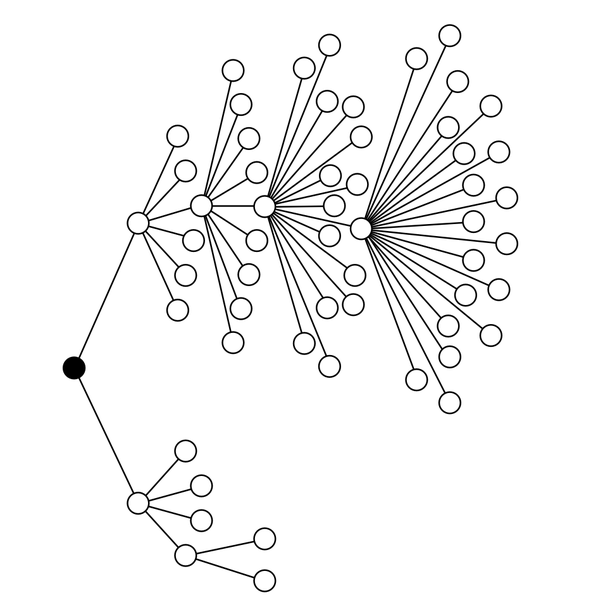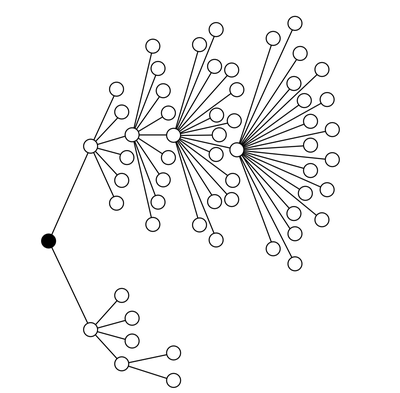Peak-seeking Adder 1.1.0
Learning, rationality and the reduction of uncertainty are generally understood
to contribute to better problem solving, both by allowing more problems to be
solved and by solving those problems more efficiently. Consequently, learning,
rationality and uncertainty reduction are directly embedded in the scientific
method and other problem solving frameworks. Nevertheless, some agent-based
models of problem solving suggest that learning, rationality and uncertainty
reduction can be detrimental to long term problem solving by increasing prob-
lem solving efficiency at the expense of the ability to solve more problems.
This paper presents a new agent-based model that draws on previous models of
problem solving to further explore the relationship between learning, rationality,
uncertainty reduction and problem solving. The results show that uncertainty
reduction improves problem solving efficiency but not the number of problems
that are solved, and further suggest that learning can increase as well as decrease uncertainty with the key to complete and efficient problem solving hinging on the balance between uncertainty growth and reduction.

